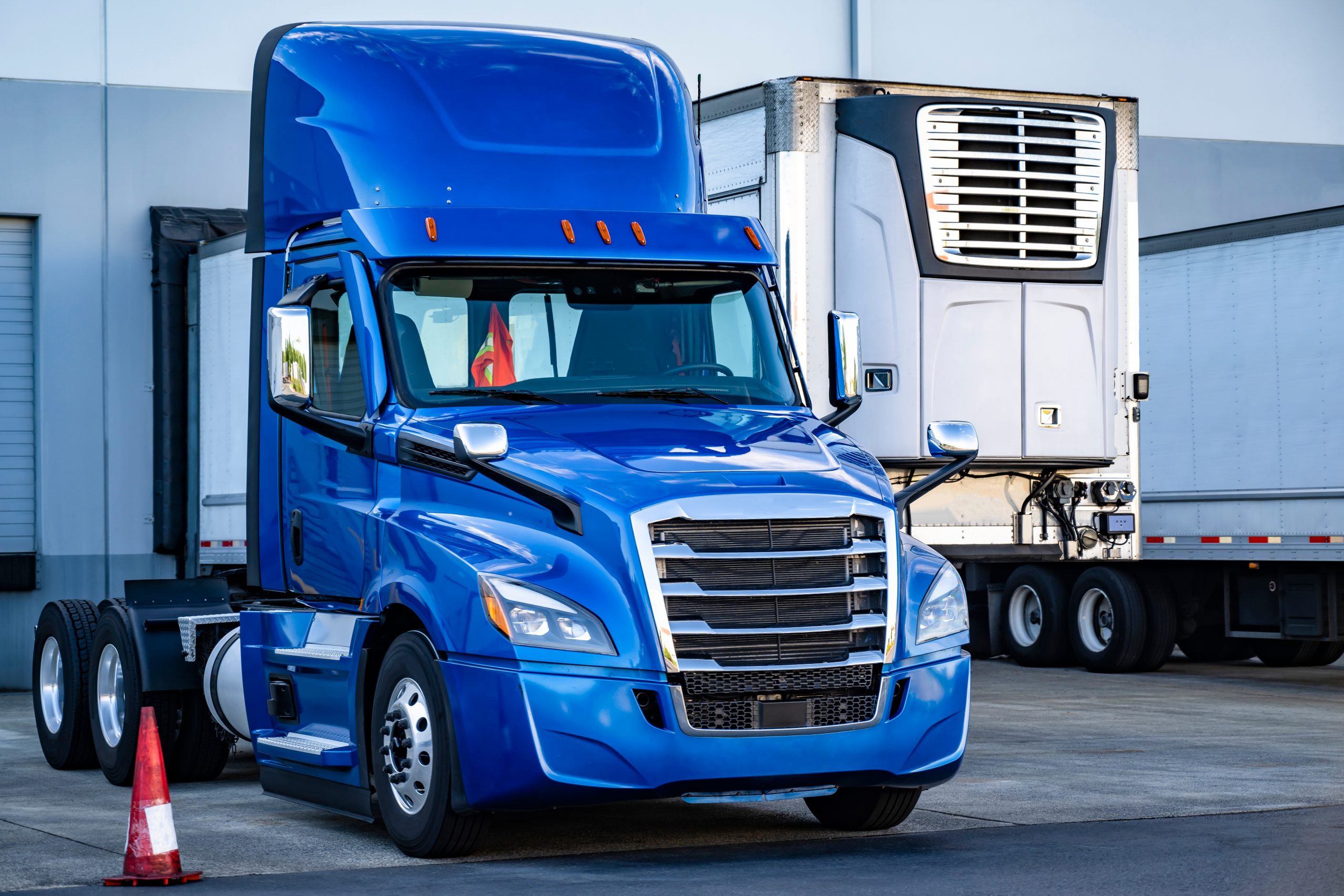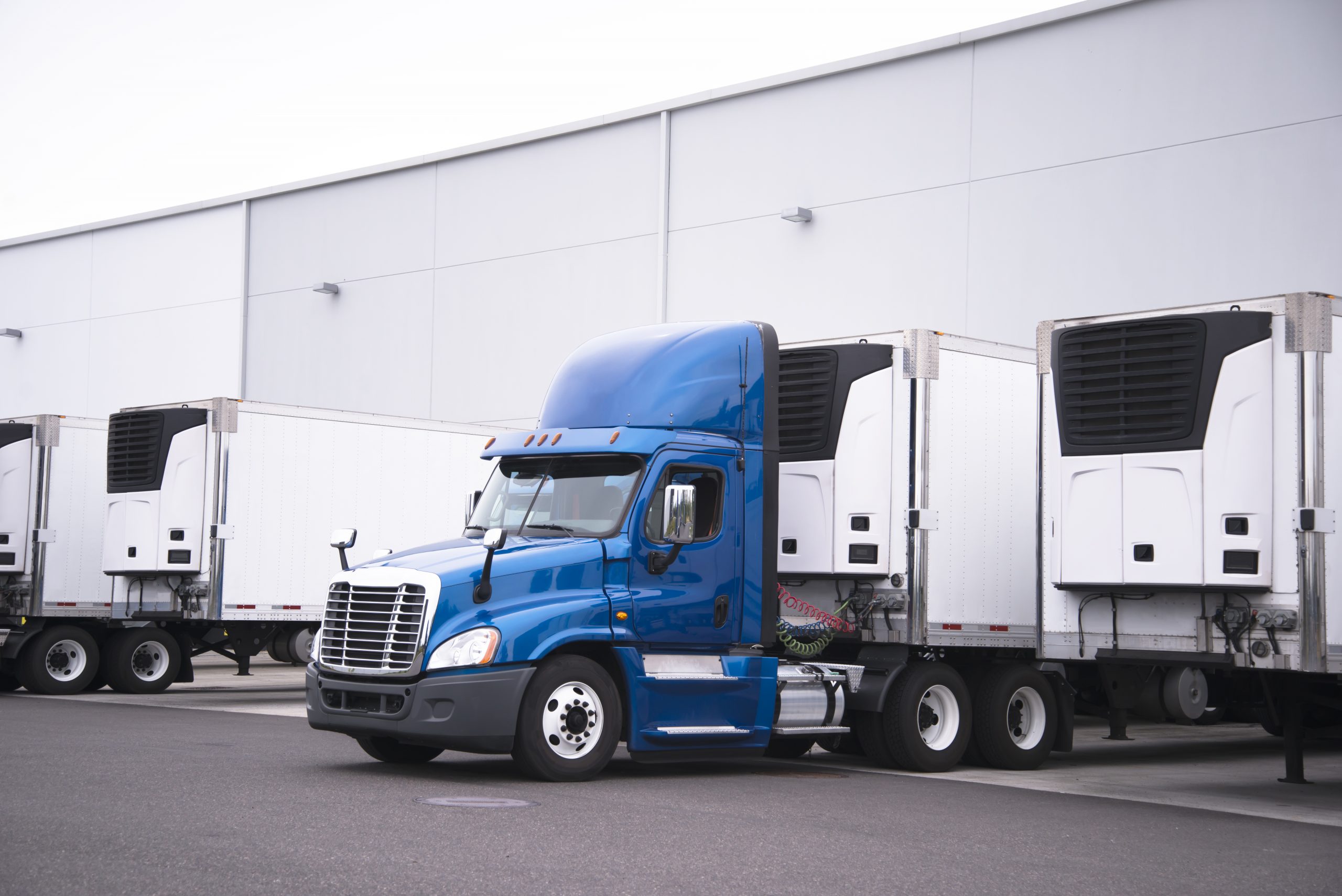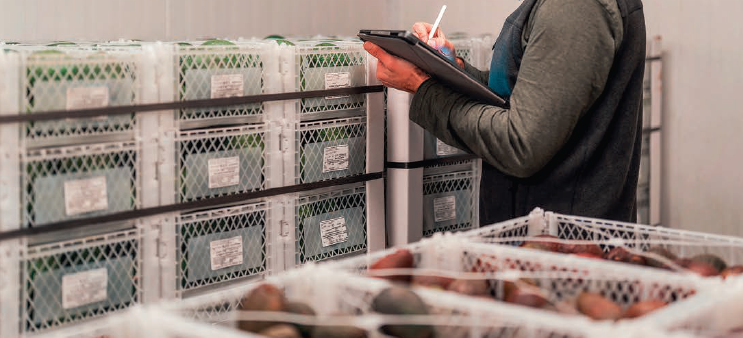Welcome to Blue Book!
Are you ready to join the thousands of companies who rely on Blue Book to drive smarter decisions? View our plans and get started today!
Still have questions? We’d love to show you what Blue Book can do for you. Drop us a line– we’ve been waiting for you.

There’s something about “the Carmack Amendment” that suggests great authority, even if we’re not 100-percent sure what it is. At Blue Book, our Claims, Collections & Dispute Resolution team often hears the Carmack Amendment cited in support of all kinds of arguments, which have little to do with the actual Carmack Amendment.
For many it’s simply an alternative way of saying, “I know there’s law on this, and I’m convinced it must be in my favor.”
Frankly, we understand this. When you genuinely believe you’re right, it’s natural to believe the law would support your position. Also, when defending against (or advocating for) a carrier claim, it’s natural to want to sound authoritative, especially when the other side doesn’t seem to be suffering from any lack of self-assurance.
But, ultimately, substance tends to win out over bluster. So it’s good to know what the Carmack Amendment is, and what it isn’t, even if you choose to cite it for purely dramatic effect from time to time.
Honeydew and History
The Carmack Amendment refers to legislation pertaining to an interstate carrier’s liability for loss, damage, and delay affecting the value of cargo. The legislation is named for a U.S. senator from Tennessee, John W. Carmack, who served from 1901-07.
Carmack was shot and killed near the Tennessee State Capital by the son of a political rival in 1908. The legislation he sponsored, however, lived on, codified under § 14706 of the Interstate Commerce Act (and § 11706 for rail).
For the amount of attention the Carmack Amendment gets, the text of the statute is surprisingly sparse, with key language providing: The liability imposed under this paragraph is for the actual loss or injury to the property caused by (A) the receiving carrier, (B) the delivering carrier, or (C) another carrier over whose line or route the property is transported… 49 U.S.C. § 14706
On its face, this language seems to suggest that claims for cargo damage require proof the carrier (or one of the carriers) caused the damage. The Supreme Court in Missouri Pacific Railroad Company v. Elmore & Stahl, 337 U.S. 134 (1964), however, explained that the Carmack Amendment simply codified the preexisting common law applicable to cargo claims.
The case involved the interstate shipment of a load of honeydew melons shipped by rail from Rio Grande City, TX to Chicago, IL. The Texas jury (in the lower court case) found that the melons were loaded in good condition, but arrived in Chicago in a damaged condition.
Additionally, the jury found that the carrier had shown it performed all its services without negligence, but—and here’s where it gets interesting—the jury also found that the carrier had not proven the damage at destination was due to the “inherent vice” of the melons.
These factual findings seem rather odd. If the melons were loaded in good condition, transported without negligence (i.e., properly), and arrived in a damaged condition, what did cause the damage if not the inherent vice of the melons at the time of loading at shipping point?
If the carrier did what it was supposed to do without negligence (e.g., maintained temperature control, avoided delays or shifting in transit, etc.), isn’t this enough to show that any condition problems at destination must have been due to inherent problems with the fruit at shipping point?
If you’re viewing the world from a carrier perspective, the suggestion that the carrier is not quite an insurance policy against cargo damage is not particularly comforting.
This is, after all, the approach taken under the Perishable Agricultural Commodities Act (PACA), 7 U.S.C. §§ 499a–499t, which applies between produce vendors and provides that sellers are responsible for providing product that will arrive at the contract destination without abnormal deterioration, provided transportation conditions are shown to have been normal (7 C.F.R. § 46.43(i)).
This notwithstanding, these were the facts presented to the Supreme Court. And on these facts the court confirmed that once a shipper-claimant makes it’s prima facie showing that (i) the product was loaded in good condition at shipping point, (ii) arrived at destination in a damaged condition, plus (iii) the amount of financial damages—the burden of proof shifts to the carrier to prove both “freedom from negligence” and one of five common law defenses: act of God, the public enemy, act of the shipper, public authority, or the inherent vice or nature of the goods.
The court reasoned that the Carmack Amendment merely codified the common law rule providing that “though not an absolute insurer” of the cargo, the carrier is liable for damage it cannot show was caused by one of these five common law defenses, without any exception for fresh produce.
If you’re viewing the world from a carrier perspective, the suggestion that the carrier is not quite an insurance policy against cargo damage is not particularly comforting. It’s safe to say most carriers view themselves as in the transportation business and not in the almost-insurance business.
And while the court applied an economics argument saying that since carriers have always operated under this common law scheme, the carrier’s risk has already been baked into the freight rates set by the carrier. Yet this idea is difficult to swallow for carriers that often compete against firms pricing their freight to win business, not to ensure the long-term viability of their business.
Bottom Line
Ultimately, the court refused to make an exception for fresh produce and stuck to the common law in holding the carrier responsible for damages—even though it was found to have been free from negligence because it hadn’t proven inherent vice of the product to the jury’s satisfaction.
And while most arbitrators of fresh produce disputes would likely find that a carrier’s proof of freedom from negligence suggests inherent vice of the product, the Missouri Pacific Railroad Company v. Elmore & Stahl decision makes it clear carriers do not get a free pass on this element when defending against a claim.
Today, the Carmack Amendment would no longer apply to a shipment of fresh honeydew melons under 49 U.S.C. § 13506(6)(C), which exempts certain agricultural commodities (see also FMCSA Administrative Rule 119).
While in theory this exemption may allow the parties to negotiate contracts that avoid the common law liability scheme, in practice the question of whether a shipment is exempt or not usually amounts to little more than a distinction without a difference.
This article was originally published in the November/December 2024 edition.



